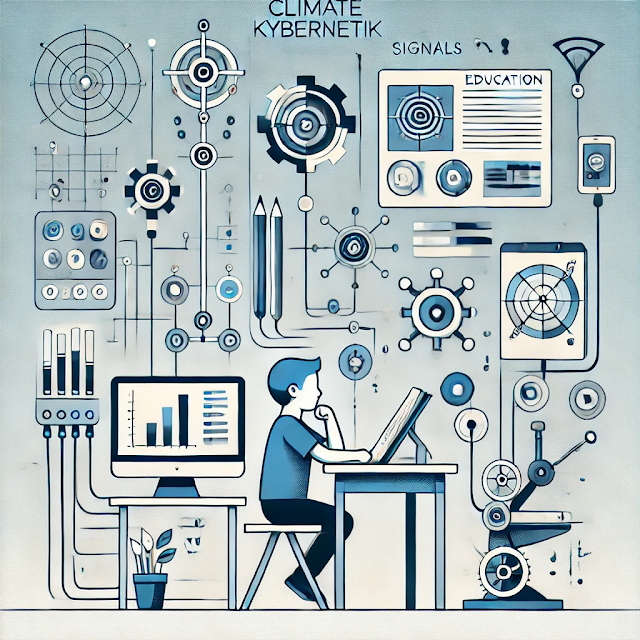
The spelling "Kybernetiks" is rooted in the German word "Kybernetik," which itself derives from the Greek word "kybernētēs," meaning "steersman" or "governor." The term was popularized in the mid-20th century by Norbert Wiener, who is often credited with founding the field of cybernetics. By using "Kybernetiks," we emphasize the original European intellectual tradition, while also signaling a modern, evolved interpretation of the field. This spelling suggests a more expansive, interdisciplinary approach that ties back to the word's historical and geographical origins.
The term "Kybernetik" finds its roots in the German language, derived from the Greek word "kybernētēs," meaning "steersman" or "governor." This concept was significantly expanded by Norbert Wiener in the mid-20th century, who is widely recognized as the father of cybernetics. Wiener's work laid the foundation for a new field that would explore the regulation and control of systems, whether they be mechanical, biological, or social. By using the term "Kybernetiks," we are not only nodding to this rich European intellectual tradition but also suggesting a more holistic and interdisciplinary approach to the field. The spelling choice serves as a reminder of the deep historical and geographical origins of cybernetics and its far-reaching influence.
In the Prussian education system, which began in the early 19th century, the principles of Kybernetik were deeply embedded, even before the term was formally coined. The Prussian model of education was designed with a focus on control, discipline, and uniformity—aimed at creating obedient and efficient citizens. This system influenced the development of public education systems around the world, including the United States. The Prussian model emphasized rote learning, standardized testing, and a hierarchical structure within schools, all of which are reflective of cybernetic principles of feedback, control, and regulation within a system. These methods were intended to steer society towards a specific vision of order and productivity.
The connections between Prussian educational methods and Russian systems also played a significant role in the development of modern educational frameworks. During the Soviet era, cybernetics became an important field of study, influencing not only technological advancements but also social and educational policies. The Soviet Union, in its pursuit of creating a disciplined, scientifically-minded populace, adopted and adapted many of the principles found in Prussian education. This focus on control and regulation within society can be seen as an extension of the Kybernetik philosophy, where the state acted as the "steersman" guiding the direction of its citizens.
Over the past 50 years, these educational and technological frameworks have profoundly shaped global society. The influence of Kybernetik methods is evident in the increasing reliance on standardized testing, data-driven decision-making, and the use of technology in classrooms. The integration of cybernetic principles into education has led to systems that prioritize efficiency, predictability, and control. However, this has also sparked debates about the potential dehumanization of education, where the focus on measurable outcomes may overlook the individual needs and creativity of students.
The continued evolution of Kybernetiks in education and technology raises important questions about the future. As we move into an era where AI and machine learning play an increasingly significant role in our lives, the principles of Kybernetik will likely guide the development of these technologies. The challenge will be to balance the need for control and regulation with the need to preserve the human elements of creativity, freedom, and individuality. Understanding the historical context and influence of Kybernetik on education and society is crucial as we navigate these future challenges.











0 Comments